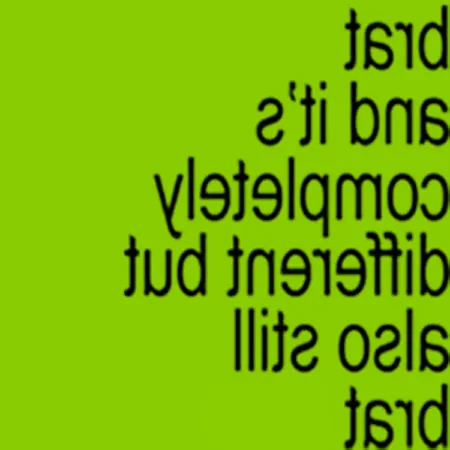On October 12, Charli XCX continued with BRAT Summer by releasing Brat and It’s Completely Different but It’s Still Brat…aka the BRAT remix album. Charli XCX has been a staple in pop music for years now. She’s a constant chart-topper who received little recognition for her immense talents – until now. Now, she’s created a […]

